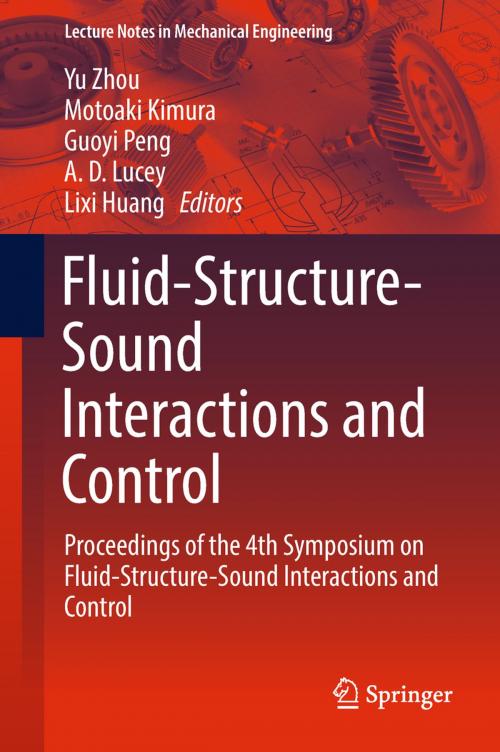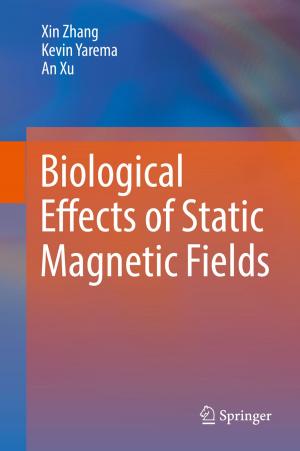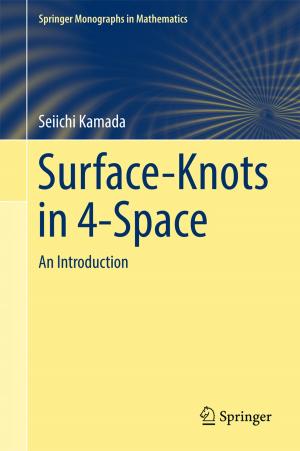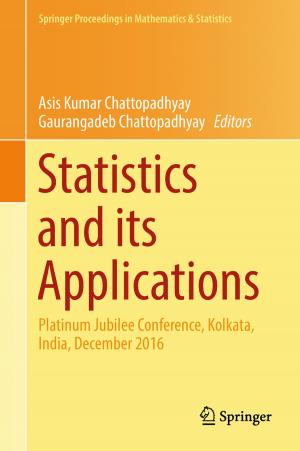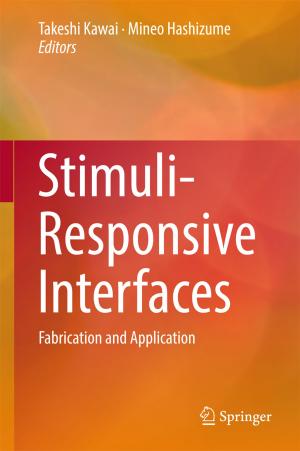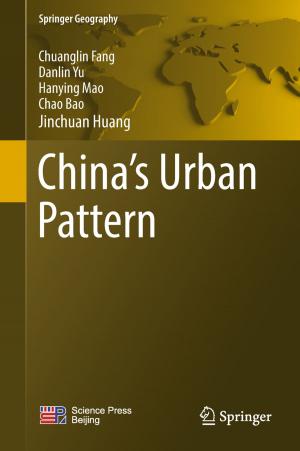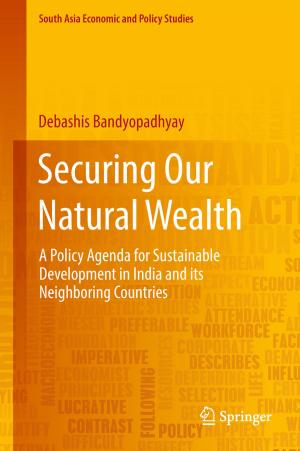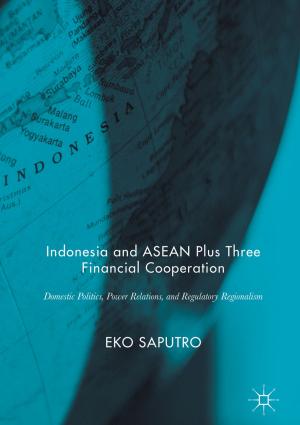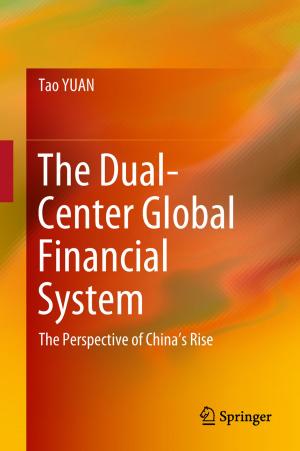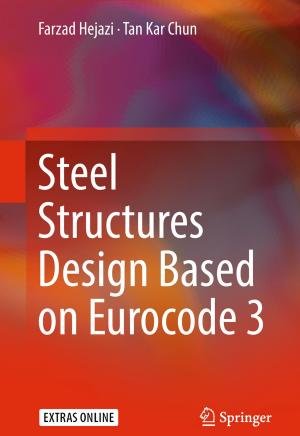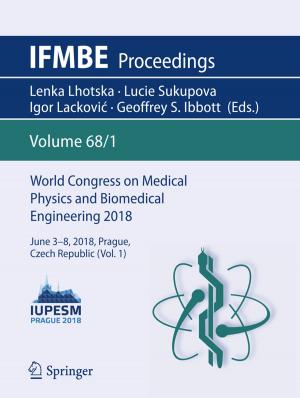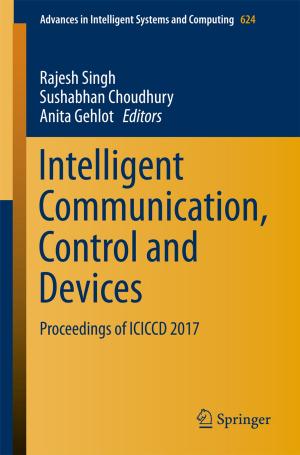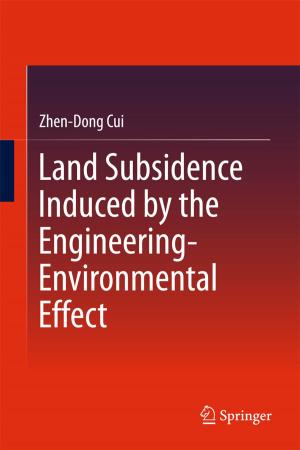Fluid-Structure-Sound Interactions and Control
Proceedings of the 4th Symposium on Fluid-Structure-Sound Interactions and Control
Nonfiction, Science & Nature, Science, Physics, Acoustics & Sound, Technology, Engineering, Mechanical| Author: | ISBN: | 9789811075421 | |
| Publisher: | Springer Singapore | Publication: | May 15, 2018 |
| Imprint: | Springer | Language: | English |
| Author: | |
| ISBN: | 9789811075421 |
| Publisher: | Springer Singapore |
| Publication: | May 15, 2018 |
| Imprint: | Springer |
| Language: | English |
This book presents the proceedings of the Symposium on Fluid-Structure-Sound Interactions and Control (FSSIC), (held in Tokyo on Aug. 21-24, 2017), which largely focused on advances in the theory, experiments on, and numerical simulation of turbulence in the contexts of flow-induced vibration, noise and their control. This includes several practical areas of application, such as the aerodynamics of road and space vehicles, marine and civil engineering, nuclear reactors and biomedical science, etc. Uniquely, these proceedings integrate acoustics with the study of flow-induced vibration, which is not a common practice but can be extremely beneficial to understanding, simulating and controlling vibration.
The symposium provides a vital forum where academics, scientists and engineers working in all related branches can exchange and share their latest findings, ideas and innovations – bringing together researchers from both east and west to chart the frontiers of FSSIC.
This book presents the proceedings of the Symposium on Fluid-Structure-Sound Interactions and Control (FSSIC), (held in Tokyo on Aug. 21-24, 2017), which largely focused on advances in the theory, experiments on, and numerical simulation of turbulence in the contexts of flow-induced vibration, noise and their control. This includes several practical areas of application, such as the aerodynamics of road and space vehicles, marine and civil engineering, nuclear reactors and biomedical science, etc. Uniquely, these proceedings integrate acoustics with the study of flow-induced vibration, which is not a common practice but can be extremely beneficial to understanding, simulating and controlling vibration.
The symposium provides a vital forum where academics, scientists and engineers working in all related branches can exchange and share their latest findings, ideas and innovations – bringing together researchers from both east and west to chart the frontiers of FSSIC.
